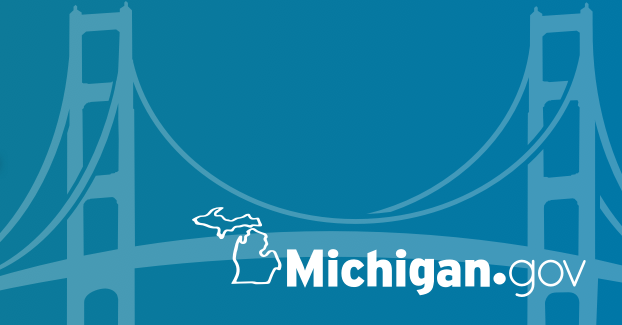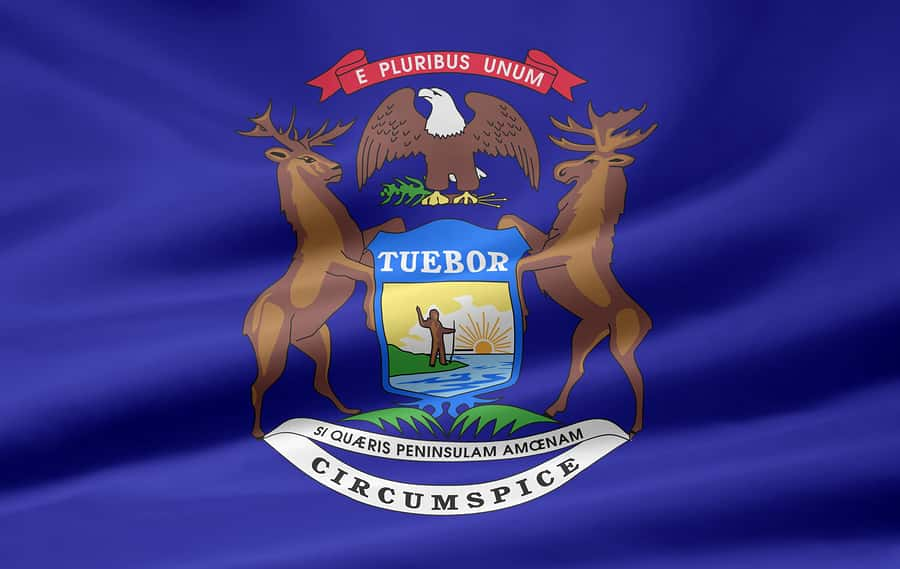
With modernized Renaissance Zones, Michigan bolsters economic development toolkit, builds on momentum
LANSING, Mich. – Today, Governor Gretchen Whitmer signed bipartisan legislation to streamline Renaissance Zones, a state program that incentivizes job growth and investment in areas of the state that need more of both across Michigan. This change cuts red tape and incentivizes more businesses to utilize these low-cost zones, supporting regional economic development.
“To keep winning and leading the future of advanced manufacturing, we need stronger economic development tools to outcompete our neighbors,” said Governor Whitmer. “Today, I’m proud to sign bipartisan legislation simplifying and modernizing our Renaissance Zones. I proposed getting this done in my State of the State address, along with three other new economic development tools, and I am proud we got it across the finish line. By consolidating the previously rigid categories of Renaissance Zones into one flexible category, we are lowering the cost of doing business and making it easier to invest and create jobs in regions of our state that have too often been left out or left behind. I will keep working with my partners in the legislature to put more economic development tools in our toolbox. Let’s get it done so anyone can ‘make it’ in Michigan.”
“Renaissance Zones are an essential tool to drive investment in historically underinvested communities and promote equity and prosperity where residents, innovators, and entrepreneurs are often overlooked; an essential tool that is vital for implementing the ‘Make It In Michigan’ economic development strategy, we are grateful to the Legislature and Governor Whitmer for working together to support greater program flexibility that increases accessibility and improves responsiveness to market needs,” said Quentin Messer, Jr., CEO of the Michigan Economic Development Corporation. “Addressing opportunities today and in the future, this legislation will improve Team Michigan’s capacity to attract community transforming investments that help local communities thrive, further underscoring the power of the Make It In Michigan economic strategy focused Michigan’s people, places, and projects.”
House Bill 5096, sponsored by Representative Kristian Grant, removes specific business categories that companies needed to fall under when attempting to establish in a Renaissance Zone. This bill simplifies the process for using the zones and encourages the development of more businesses in the reduced tax areas. Renaissance Zones have already generated more than $3 billion in private investment and more than 10,000 jobs. These numbers are expected to grow with the signing of today's legislation.
“House Bill 5096 is a game-changer for Michigan businesses, communities, and the economy at-large,” said state Representative Kristian Grant (D-Grand Rapids). “This bill updates the existing renaissance zone legislation to attract new emerging industries that will spur job creation and significant investments in our economy while also retaining existing companies that are currently doing this work in our communities. The improvements we’re making ensure that Michigan has a competitive edge as we work to grow the presence of these industries.”
Governor Whitmer’s Vision for Economic Development
Renaissance Zones were established to stimulate economic growth and development in specific geographic areas that had previously been left behind or left out of other programs. Previously, these Renaissance Zones had strict categories that defined the projects and businesses that could be established within them. Today’s bipartisan legislation eliminates those categories, cutting red tape by collapsing them into a single, more flexible one to incentivize all kinds of innovation, investment, and job creation.
Simplified Renaissance Zones are one of the four new economic development tools Governor Whitmer called for in her 2024 State of the State address. The three others were an R&D Tax Credit, the HIRE Michigan payroll tax cut, and an Innovation Fund to support early-stage startups.
Selected Economic Development Wins in 2024 Alone
- January 18, 2024: three business expansions in Lexington, Ithaca, and Standish drive $17.6 million of investment, create more than 200 jobs.
- January 23, 2024: Fortescue, a global green energy, metals, and technology company announces their U.S. Advanced Manufacturing Center on Piquette Avenue in the city of Detroit, creating up to 600 jobs. EcoG, a German-based provider of electric vehicle chargers, to establish U.S. headquarters in Corktown.
- February 16, 2024: manufacturer of doors in Newaygo, digital ticketing software platform in Kent County, and electric vehicle supplier invest Farmington Hills invest a combined $25 million, creating 159 jobs.
- February 22, 2024: Digital programming services provider SAVIC in Troy and defense and aerospace supplier Creative Composites in Rapid River both expand, creating a combined 117 jobs.
- February 27, 2024: Corning invests $900 million into Saginaw County to build new manufacturing facility creating more than 1,100 jobs. Electric vehicle manufacturer Lucid Motors establishes new R&D facility in Southfield, creating 250 jobs.
- February 29, 2024: three expansions from snack, flooring, and color companies drive nearly $50 million of investment, create 82 jobs across Kentwood, Plainwell, and Holland.
- March 6, 2024: LT Precision, a South Korean supplier of battery cooling plates for electric vehicle manufacturers, establishes North American headquarters in Holland, creating 70 jobs.
- March 15, 2024: Paslin Company, a provider of manufacturing automation systems, and Quantum Fuel Systems, a manufacturer of alternative fuel storage, invest in Michigan, creating 187 across Macomb and Oakland counties.
- March 26, 2024: Copperwood Mine drives $425 million investment generating 380 jobs in Western Upper Peninsula. Alticor expansion of existing R&D facility in Ada Township creates 260 jobs, drives $127 million investment. Piston Automotive’s $85 million Auburn Hills facility creates 900 jobs.
- March 28, 2024: four diverse companies expand in Kent and Bay counties, driving $72 million of investment, creating 144 jobs.
- May 2, 2024: five business expansions across Southeast Michigan and the Upper Peninsula drive nearly $40 million of investment, create 390 jobs.
- April 16, 2024: reimagined Henry Ford Health campus will create thousands of jobs and hundreds of housing units. Newly approved Renaissance Zone request for hotel on site of former Joe Louis Arena granted in downtown Detroit, driving $400 million of investment to create 350 jobs. Maple Block Factory in Petoskey to be redeveloped into hundreds of units of workforce housing.
- May 9, 2024: Barron Industries, a defense and aerospace manufacturer, announces $9.1 million investment in Oxford creating 50 jobs.
###
















